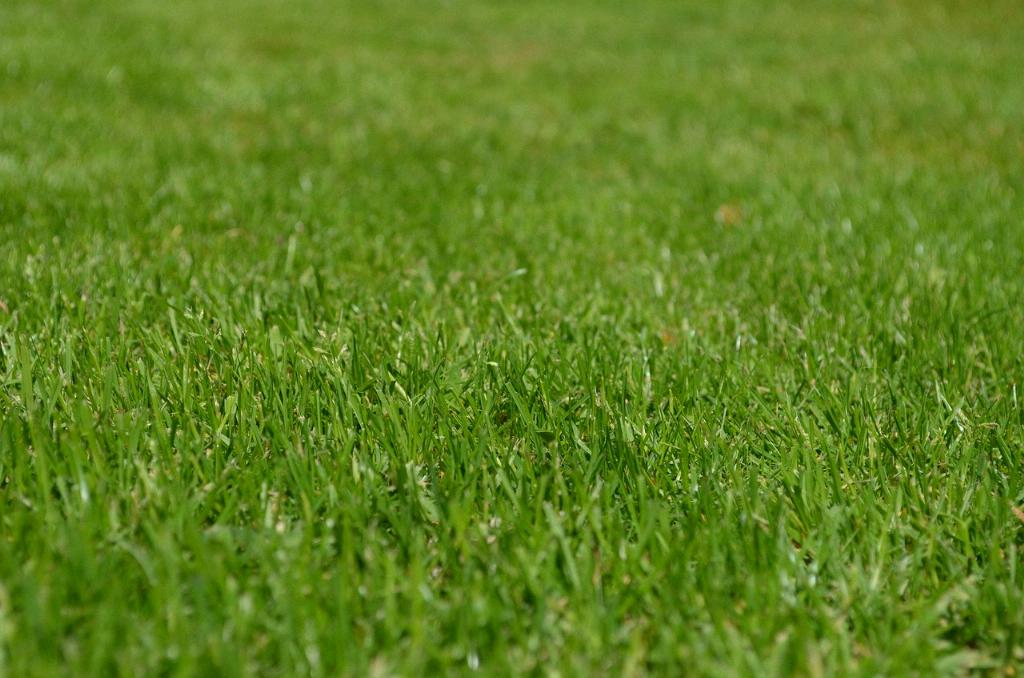Keeping your lawn well-maintained is essential for a healthy and vibrant outdoor space. However, knowing when not to mow your lawn is just as important as knowing when to mow. Here are some key factors to consider before firing up the lawnmower:
1. Avoid Mowing When Your Grass is Wet
Mowing wet grass can lead to uneven cuts, clumping, and damage to the grass blades. It’s best to wait until the grass is dry to ensure a clean and precise cut.
2. Steer Clear of Mowing During a Drought
Mowing during a drought can put added stress on your lawn, as it is already struggling to retain moisture. It’s best to give your grass a break and wait until conditions improve.
3. Skip Mowing During the Hottest Part of the Day
Mowing during the peak heat hours can be exhausting for both you and your lawn. It’s best to mow in the early morning or late afternoon when temperatures are cooler.
4. Hold Off on Mowing Just Before Sunset
Mowing close to sunset can leave your grass vulnerable overnight. It’s best to give your lawn some time to recover before the evening dew sets in.
5. Avoid Mowing When Your Mower Blades are Dull
Dull mower blades can tear the grass instead of cutting it neatly. Make sure to sharpen your blades regularly to keep your lawn looking its best.
6. Steer Clear of Mowing If Your Lawn is Struggling with a Disease
Mowing a diseased lawn can spread the infection further. It’s best to address the underlying issue before resuming your regular mowing routine.
7. Skip Mowing If the Temperature is Too Low
Mowing in extremely cold temperatures can be tough on both your lawn and your equipment. It’s best to wait for milder weather conditions before mowing.
8. Avoid Mowing After Heavy Rainfall
Mowing a soggy lawn can lead to compacted soil and damaged grass. It’s best to wait until the ground has had a chance to dry out before mowing.
9. Hold Off on Mowing if Your Grass is Overly Long
Mowing grass that is too long can put added stress on your lawn and lead to scalping. It’s best to gradually cut the grass back to an optimal height to maintain its health.
10. Skip Mowing If Your Lawn is Covered in Debris
Mowing over debris can damage your lawn mower and scatter debris across your yard. It’s best to clear the area before mowing to ensure a clean and safe cutting experience.
11. Avoid Mowing During Pollen Season
Mowing during pollen season can exacerbate allergies and respiratory issues. It’s best to wait until pollen levels are lower before mowing to minimize discomfort.
12. Hold Off on Mowing Right After Fertilizing
Mowing immediately after fertilizing can reduce the effectiveness of the fertilizer and lead to nutrient loss. It’s best to wait a few days before mowing to allow the fertilizer to properly settle into the soil.

